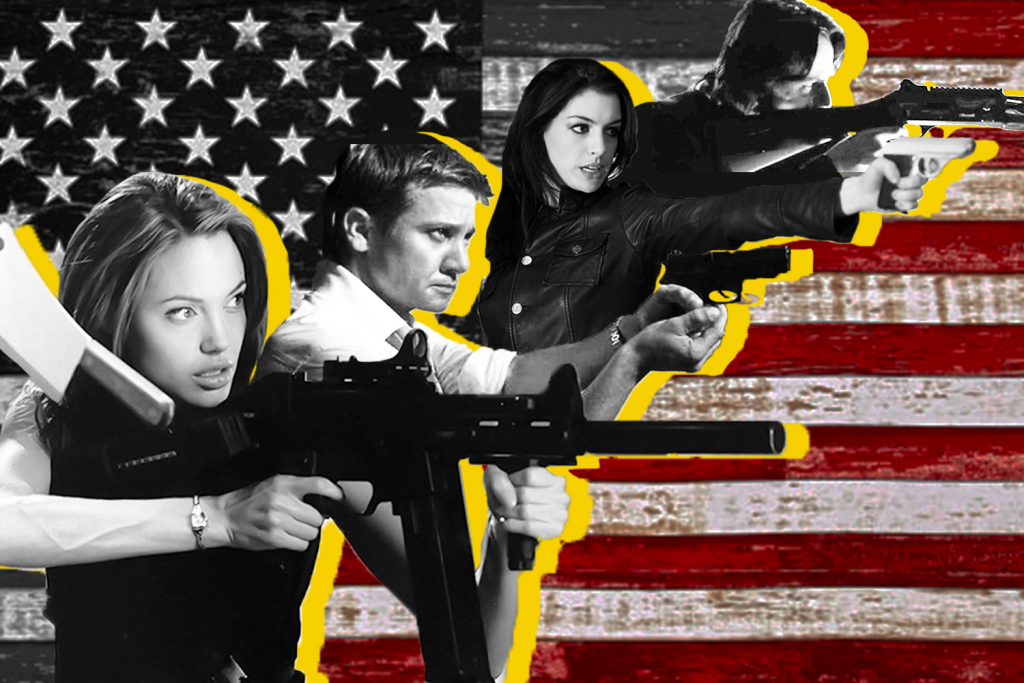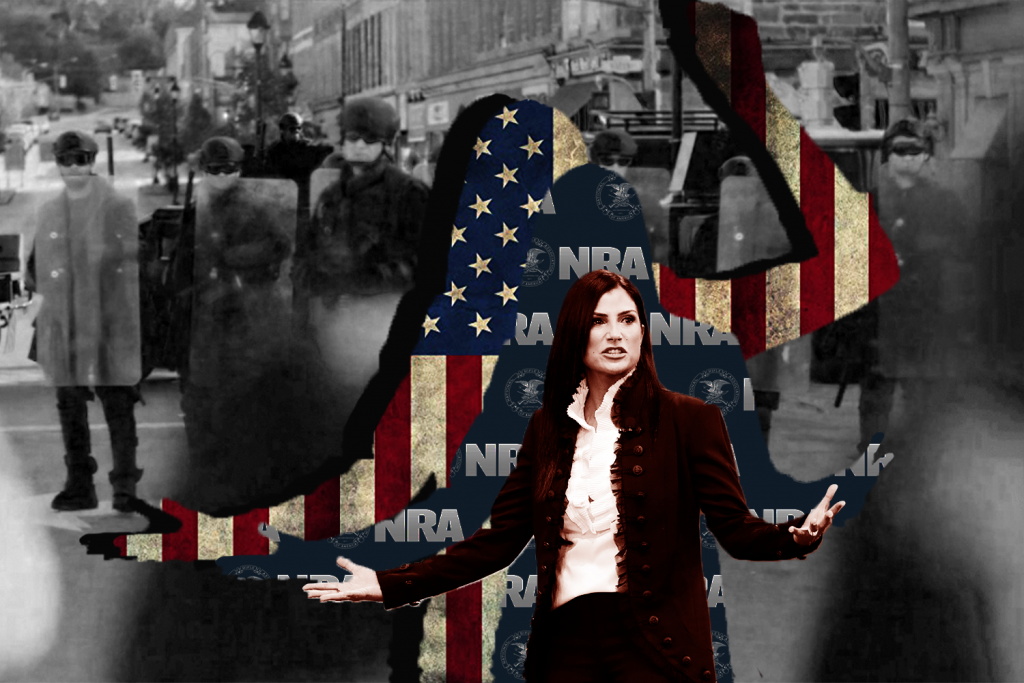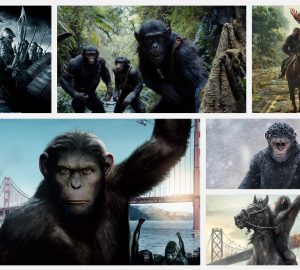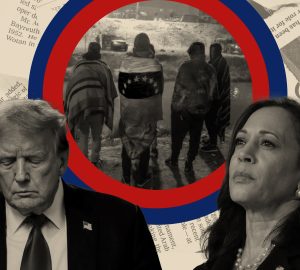On Nov. 9, by 4:30 p.m., when this article is being written, there’s been eight instances of gun violence in the United States. On Nov. 8, there were 64.
America has a rampant gun culture, protected by the Second Amendment of the Constitution on the basis that the people’s ability to bear arms and, therefore, form a functional militia is fundamental in a free state’s security, should its government become corrupt and oppressive. This has been a point of heated debate for decades. I am not here to argue for or against it.
Instead, I’m here to make some observations. In the surge of horrendous mass shootings in the U.S., America’s gun culture has come under heavy fire, especially from the political Left. Everything from influences of early gun ownership to the social consequences of repeated shootings has come under scrutiny, especially in relations to public attitude of gun control and gun violence. And yet, it seems to me, hardly anybody is paying attention to one of the greatest sources of social influence: movies, more specifically blockbusting, bloody, shooting-people’s-heads-off type of movie.

Now, straight up blaming mass shootings on Hollywood is ludicrous, but one cannot deny the presence of violent themes and their positive portrayals in cinema. Take the “John Wick,” “Mission Impossible” or “Fast and Furious” franchise for example (all insanely successful, mind). In these world of high-stakes conflicts, the gun represents power, ability and survival. In short, guns are cool. The mere action on someone raising and aiming a gun, with a concentrated look on their million-dollar faces, maybe saying a sassy one-liner, perhaps even twisting the gun sideways – everything about it looks sleek and amazing. If it’s a man, it’s masculine. A woman – empowering. That is not even counting the endless montages of protagonists picking, loading, cocking and wielding their guns, in vignette and slow-motion, accompanied with cool music. At very young age, watching these of Hollywood movies, I thought shooting a gun is just about the most awesome thing one can do. And to be honest, I still do. These kind of impressions last.
And it’s just not about the classiness and domination of holding a gun, movies also often justify the pulling of the trigger. One scenario that comes up all the time is the “necessary murder,” where the villains are so bad they HAVE to die and the authorities is so useless the heroes HAVE to do the righteous killing themselves. And at the end of the day, the moral of the story is that sometimes, killing people, even when not in immediate defense of self or others, is okay, because it’s in service of a greater moral good. This is a dangerous message to put out there, especially in such a politically polarized and opinionated society, where everyone’s version of the “greater good” is different.
Another scenario where gun violence is portrayed positively is the dystopian setting. It doesn’t have to be set in the future, or even deviate from current times – the only requirement for the dystopian setting is a body of higher power (e.g. the government) that seeks to oppress its inferiors, including the protagonist, by force. Subsequently, the protagonist, with a group of his/her brave, brave friends, takes up arms and frees the people.
This is an idea that directly goes back to the Second Amendment, an idea that subtly equates guns to liberty in the viewer’s mind. We are indignant when the malicious authority uses force to put people down, and we are glad when the people use force to rise up — it is all fictional, but all fiction, at the end of the day, is based on real life, isn’t it? The police state can of course happen here, and we the people of course must retain our rights to bear arms if it ever does, for what horrendous things would happen otherwise! The bigger the guns, the bigger the power, and to protect precious liberty, we, like these blockbuster protagonists, should have access to the same weapons as the military does, just in case the military is ever turned against us.
These thoughts won’t run through your mind at the cinema, but they would when you hear NRA representatives attack gun control laws on television. And you’ve even got visuals and movie plots to back them up.

As I have said, I won’t argue for or against gun control here. I won’t even say that movies of a certain kind should be stopped — it’s important that art stays free. What I will say is this: IF America ever really want to address its cultures of guns and violence, maybe it should look first at how they’re portrayed in cultural products, especially that great reflector and influencer of American society: Hollywood. Because how can you begin to curb gun violence if guns AND violence are still being portrayed everywhere as empowering, glorious and, most of all, necessary?


























